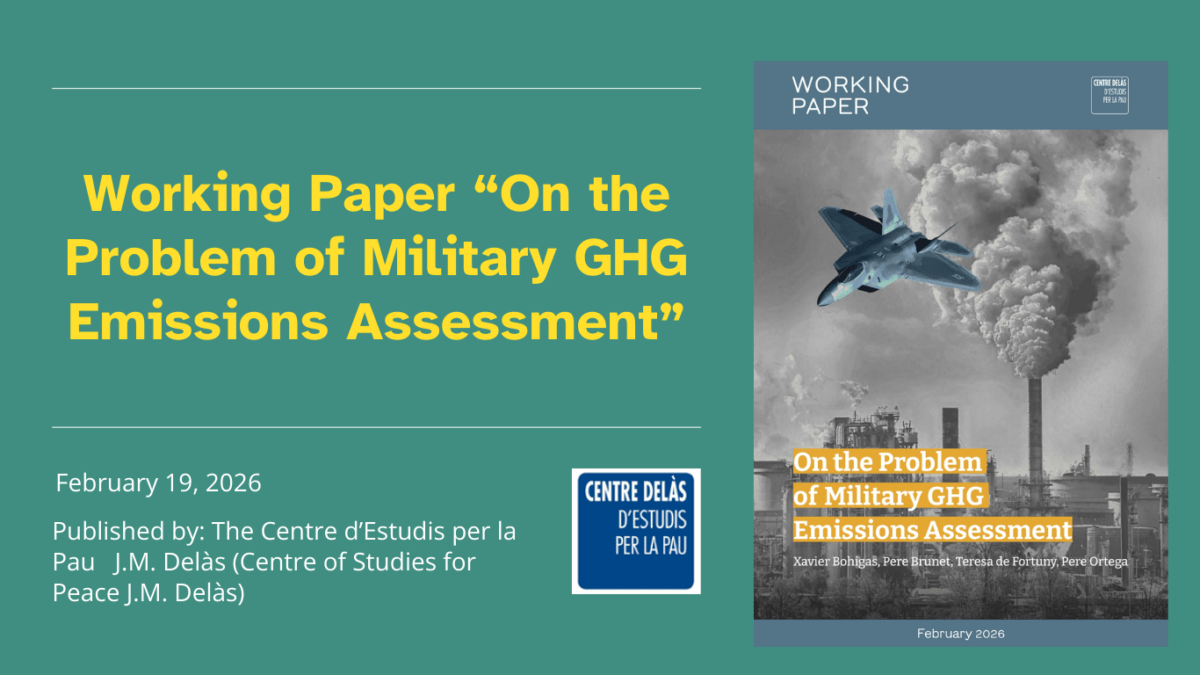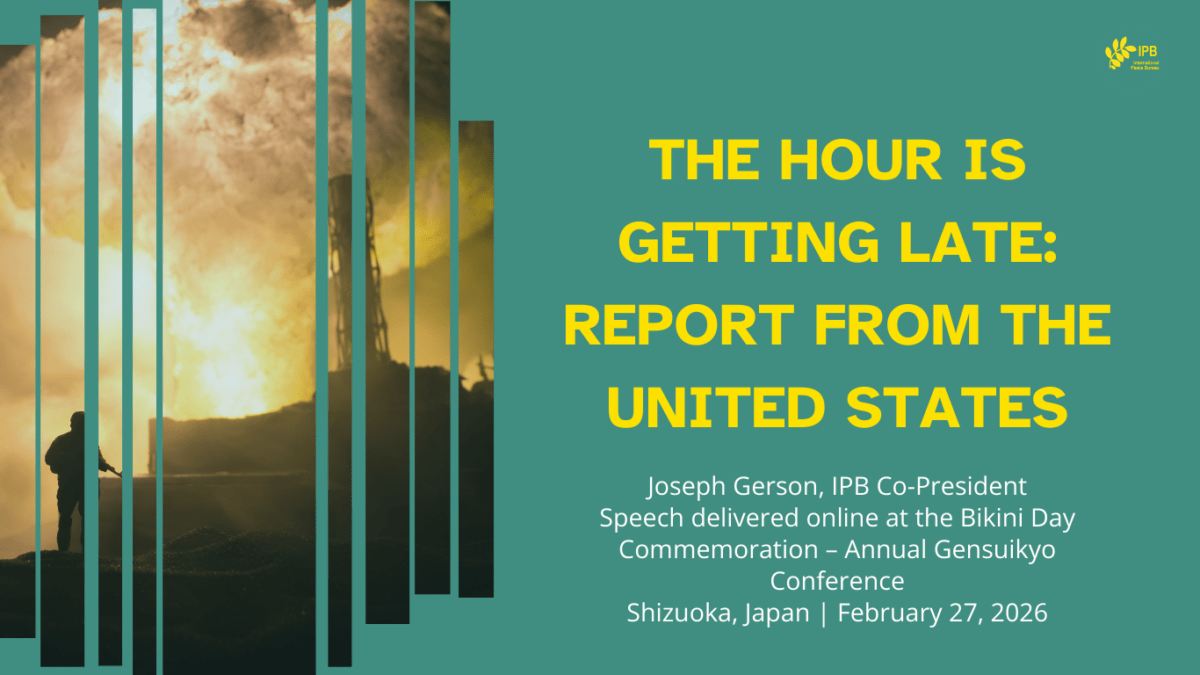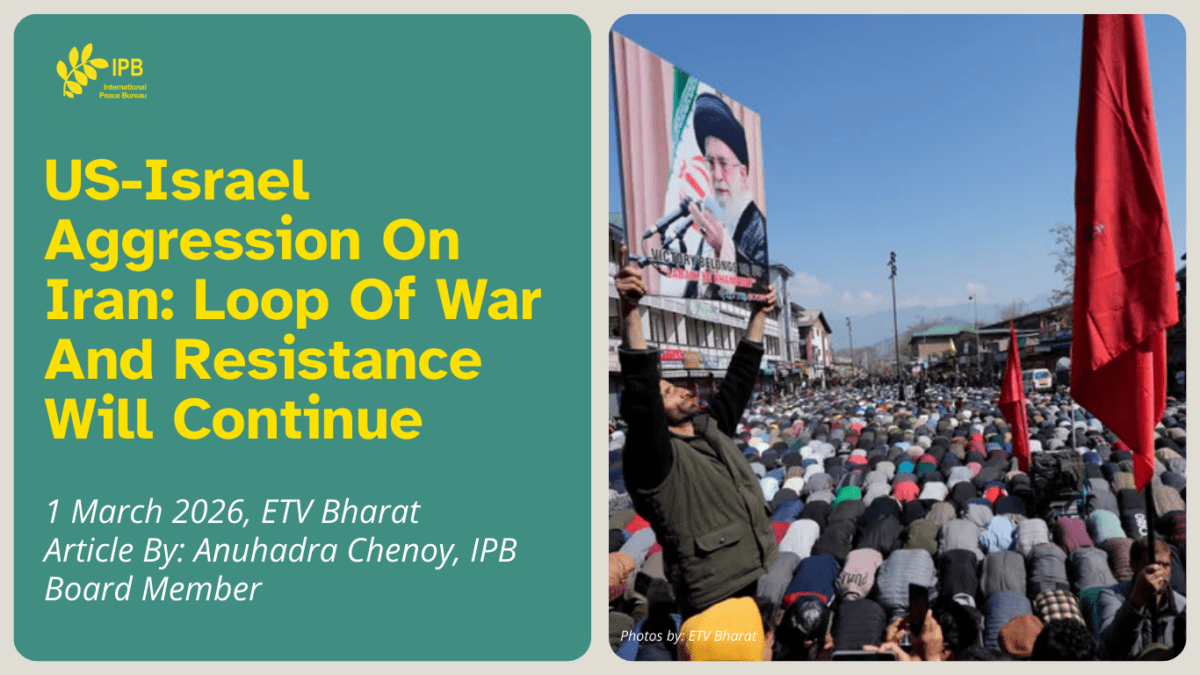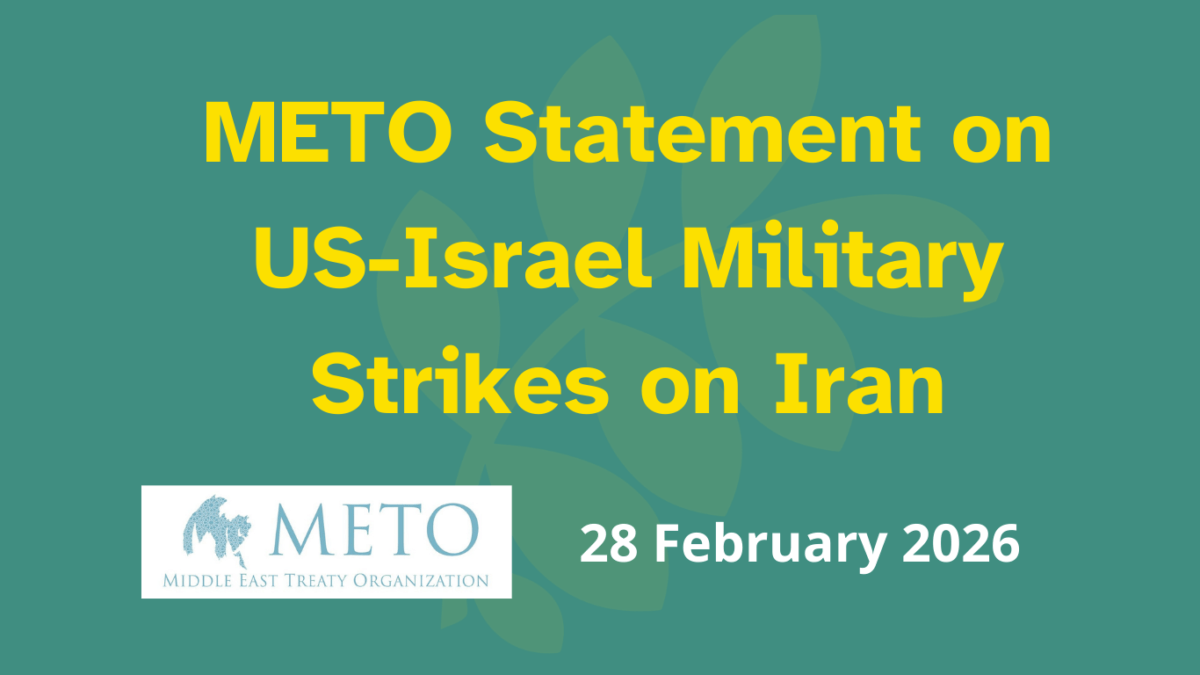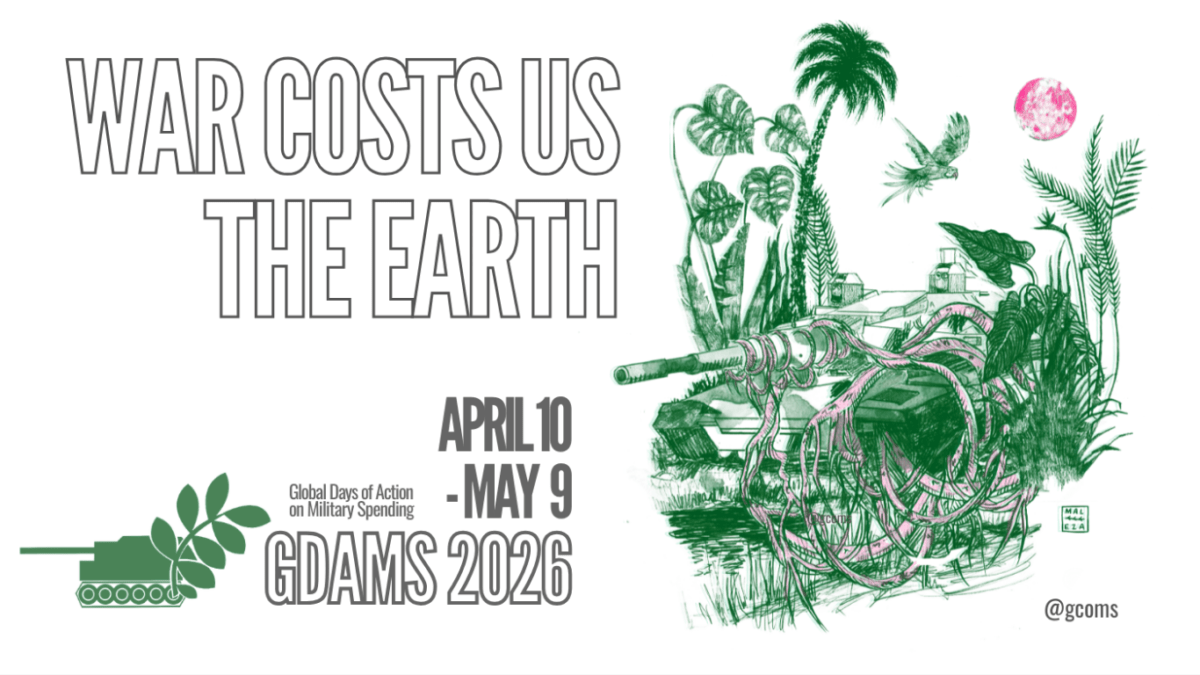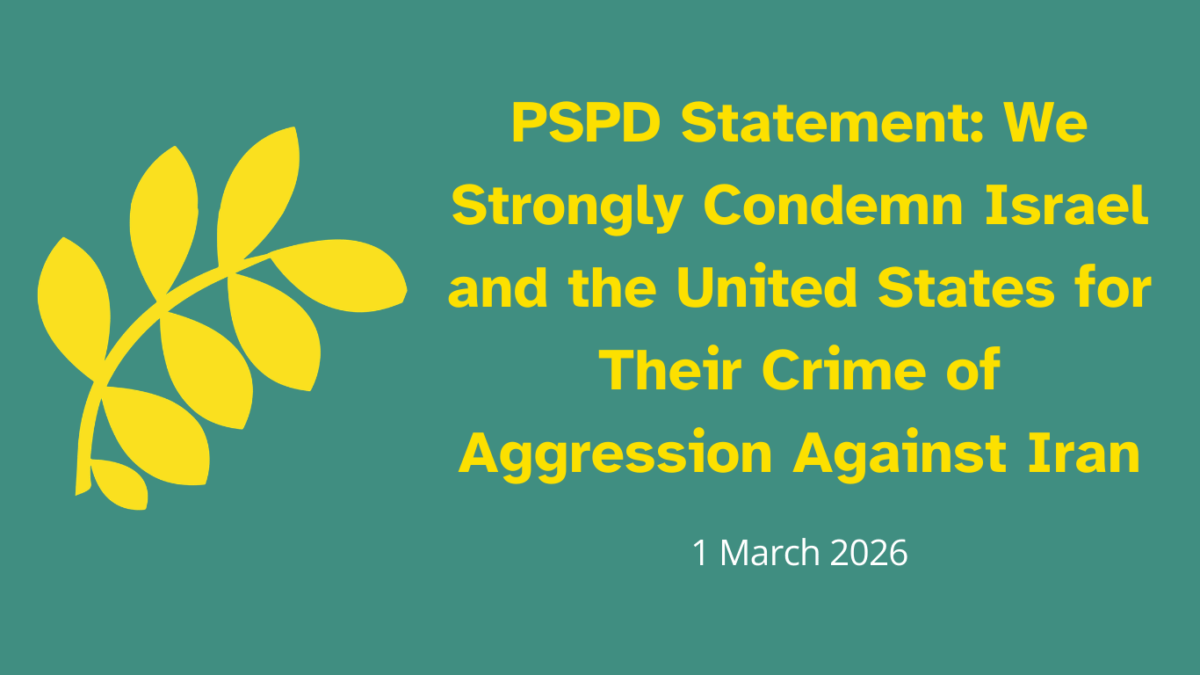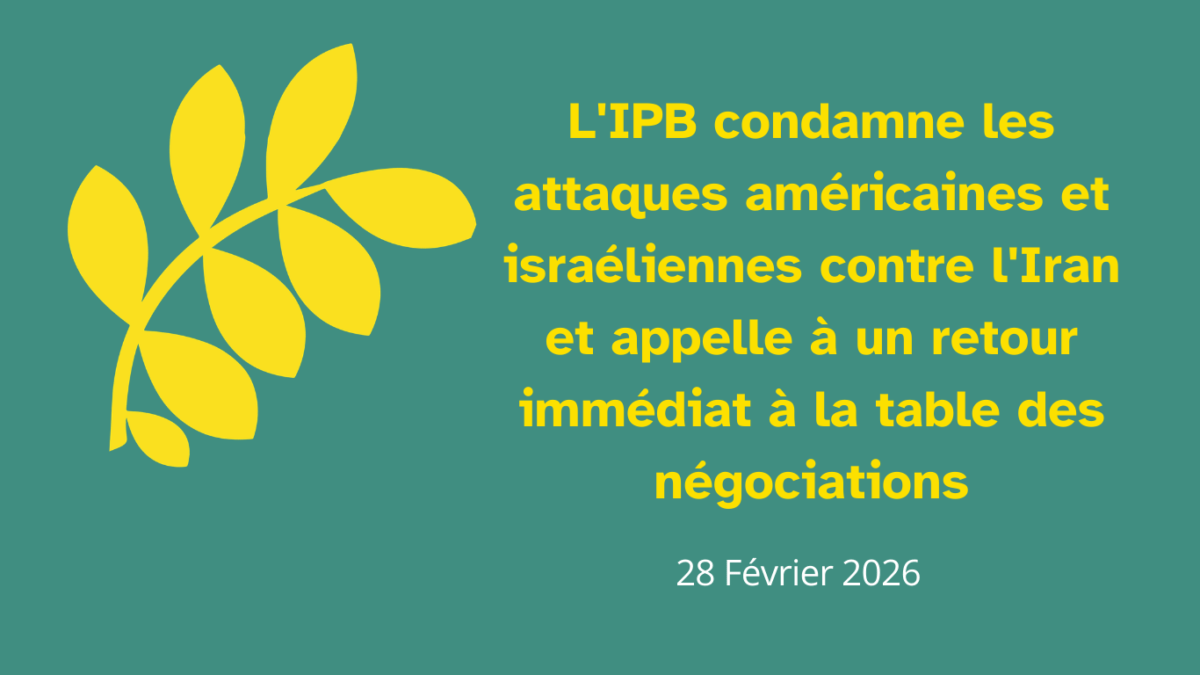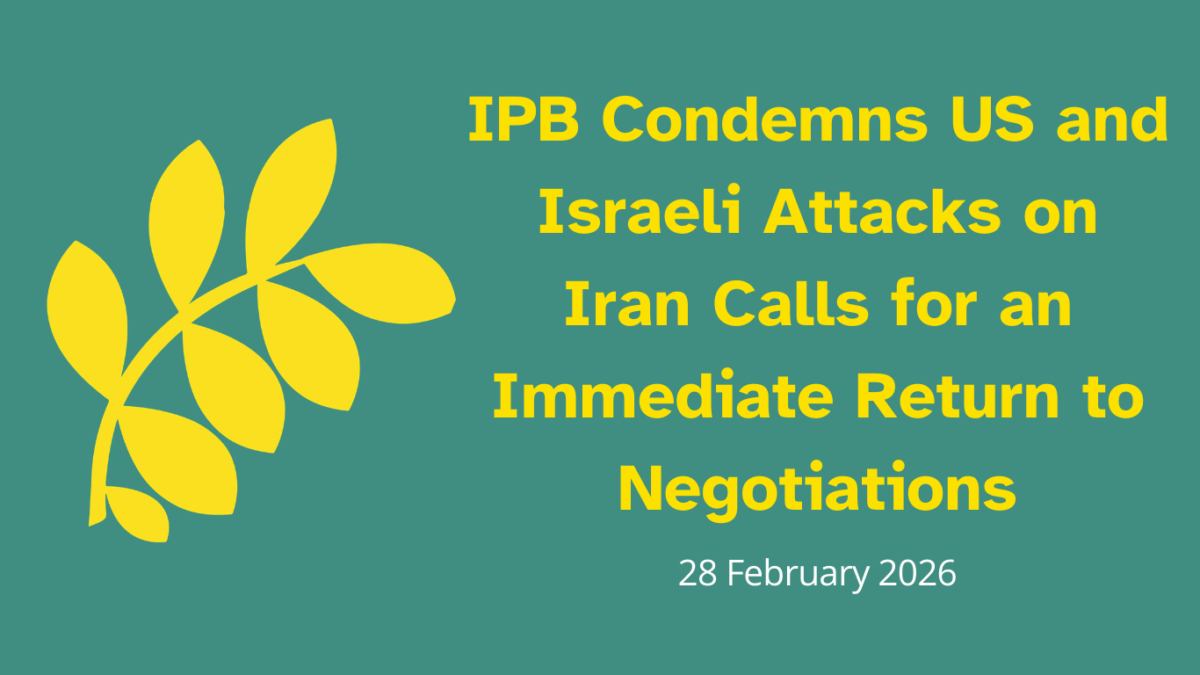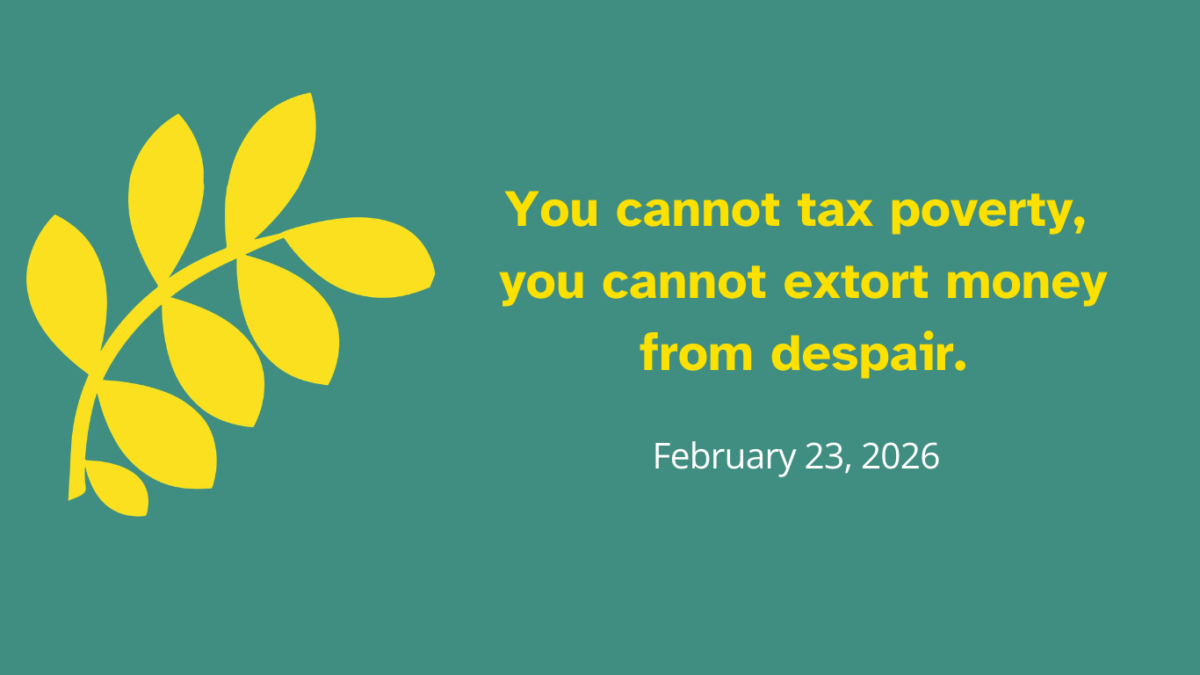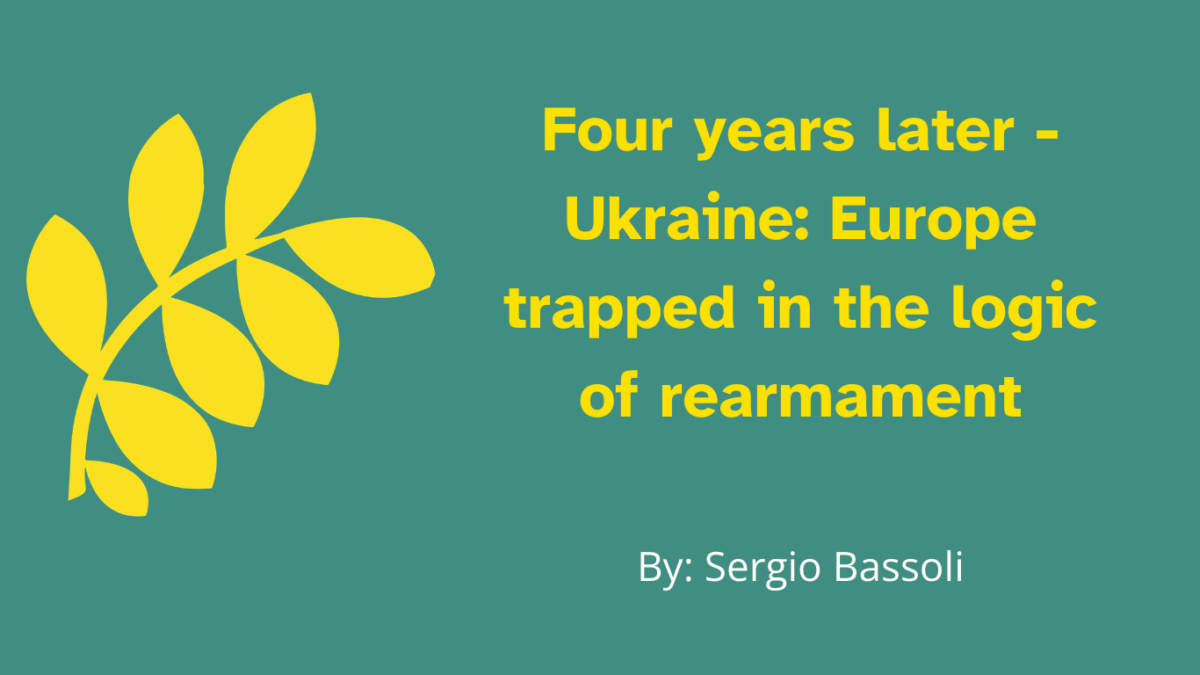Published By: The Centre d’Estudis per la Pau J.M. Delàs (Centre of Studies for Peace J.M. Delàs)
The climate emergency represents one of the most serious problems currently facing humankind. It is widely known that anthropogenic greenhouse gases (GHGs) – those released by human activities – continue to be drivers of climate change. Both armed forces and the military industry emit GHGs. Signatories to the Paris Agreement are required to report their emissions; however, reporting the activity of their armed forces remains voluntary, and many choose not to do so. Combined with the vague and fragmented information the military industry tends to provide, this makes it difficult to obtain a clear and reliable picture of the GHG emissions for which the military sector is actually responsible. This being the case, numerous researchers have attempted to evaluate these emissions using a range of methodologies and primary sources.
Continue reading “Working Paper “On the Problem of Military GHG Emissions Assessment””
